- Empty cart.
- Continue Shopping
Manjal (Turmeric)
Original price was: ₹248.00.₹146.00Current price is: ₹146.00.
Genus : Curcuma
“The Manjal (Turmeric) Plant is a must-have for spice enthusiasts. Its vibrant yellow rhizomes are not only visually appealing but also known for their numerous health benefits. Grow it in your garden and enjoy fresh turmeric for cooking and medicinal purposes.”
Turmeric (Curcuma longa) is a perennial herbaceous plant that belongs to the ginger family, Zingiberaceae. It is native to Southeast Asia and is widely cultivated in tropical and subtropical regions throughout the world.
The plant has long, narrow leaves that grow up to 1 meter tall. The flowers are yellow and arranged in spikes, but the plant is more commonly grown for its underground rhizomes, which are harvested for use as a spice and medicinal herb.
Turmeric rhizomes are oblong, with a rough, brownish skin and bright orange-yellow flesh. When dried and ground, they are used to produce the bright yellow spice known as turmeric, which is commonly used in Indian, Middle Eastern, and Southeast Asian cuisine.
Turmeric also has a long history of use in traditional medicine. It contains a compound called curcumin, which has potent anti-inflammatory and antioxidant properties. Curcumin has been shown to help reduce inflammation in conditions such as arthritis, and it may also have benefits for brain health and cancer prevention.
In addition to its medicinal uses, turmeric is also used in the cosmetic industry for its anti-inflammatory and skin-lightening properties. The essential oil extracted from the rhizomes is used in perfumes and as a flavoring agent in food.
Turmeric is generally considered safe, although high doses may cause gastrointestinal upset or interact with certain medications. It is important to consult with a healthcare professional before using turmeric or curcumin supplements for medicinal purposes.


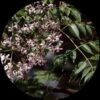
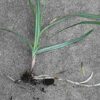

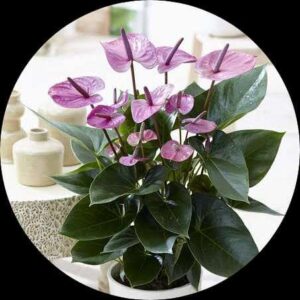
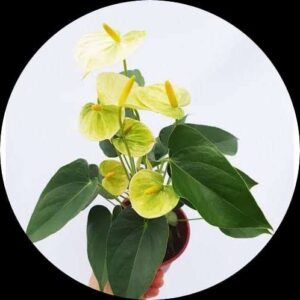
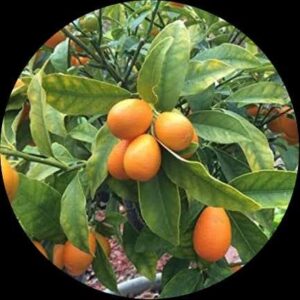
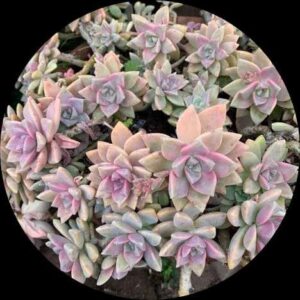

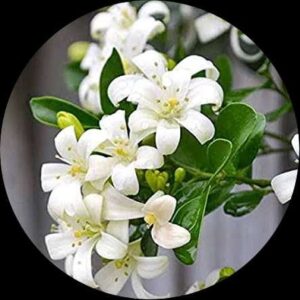
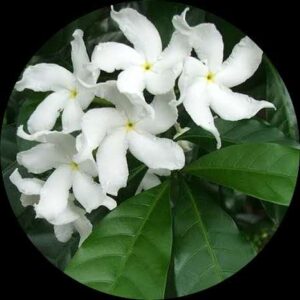
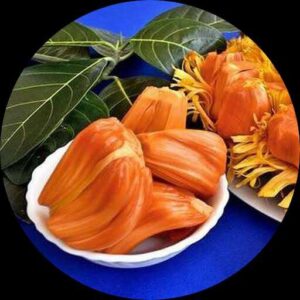
Reviews
There are no reviews yet.